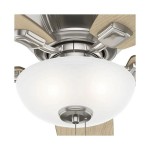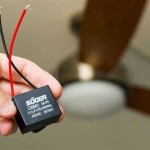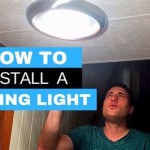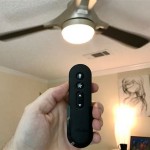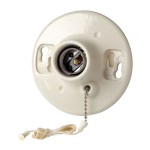Essential Aspects of Ceiling Downlights Design for a Perfect Ambiance
Ceiling downlights are a versatile and functional lighting solution that can transform the ambiance of any space. From creating focused illumination to setting the mood, downlights offer endless possibilities. Understanding the essential aspects of downlight design will help you make informed decisions and achieve the desired lighting effects.
1. Beam Angle and Spread
The beam angle and spread determine the shape and size of the light emitted by the downlight. A narrow beam angle produces a concentrated light beam, suitable for accentuating specific areas or objects. A wider beam angle provides more diffused light, creating a softer and more ambient atmosphere.
2. Color Temperature
Color temperature refers to the warmth or coolness of the light emitted. Warm white (2700K-3000K) creates a cozy and inviting ambiance, while cool white (4000K-5000K) emits a more invigorating and focused light. Daylight white (5000K-6500K) closely resembles natural sunlight, making it suitable for areas where clarity and visibility are crucial.
3. Lumen Output
Lumen output measures the amount of light emitted by the downlight. Higher lumen output produces brighter light, while lower lumen output creates a more subdued atmosphere. The required lumen output depends on the size and function of the space being illuminated.
4. Dimmability
Dimmable downlights allow you to adjust the light intensity, creating different moods and ambiance. Dimmers give you the flexibility to transition from bright task lighting to soft ambient illumination, enhancing the functionality and aesthetic appeal of the space.
5. Color Rendering Index (CRI)
CRI measures how accurately the light source reproduces the colors of objects under its illumination. A higher CRI ensures that colors appear more vivid and true-to-life, which is particularly important in areas such as retail stores and art galleries.
6. Energy Efficiency
LED downlights are highly energy-efficient, consuming less power than traditional incandescent or halogen bulbs. This not only reduces energy bills but also contributes to environmental sustainability. Energy-efficient downlights are an excellent choice for eco-conscious consumers.
7. Fixture Design
The design of the downlight fixture can complement the overall aesthetic of the space. Downlights can be flush-mounted, semi-recessed, or fully recessed, each offering a unique visual appeal. Consider the shape, finish, and material of the downlight to ensure it harmonizes with the existing décor.
Conclusion
By paying attention to these essential aspects of ceiling downlight design, you can create a perfectly illuminated space that meets your functional and aesthetic requirements. Whether it's for residential or commercial applications, downlights offer a versatile and effective solution to enhance the ambiance and transform any interior into a welcoming and inviting environment.

Designing With Led Downlights Tips And Ideas For Modern Interiors Simple Lighting Blog

Slc Design Cup Downlight R62 Ted The Light Group

Be Illuminated Downlighting For Dummies Emmavictoria Interior Design

Using Downlights In Interior Design Soho Blog

10 Down Lights Designs To Beautify Any Area Of Your Property

Led Downlights A Comprehensive Guide To Choosing The Right One For Your Home Simple Lighting Blog

Arranging Downlights For Wall Accent Lighting

Led Downlight Vs Spotlights The Key Differences Simple Lighting Blog

Types Of Downlights And Tips For Choosing Ligman

Led Downlights 2024 Rovert
Related Posts

